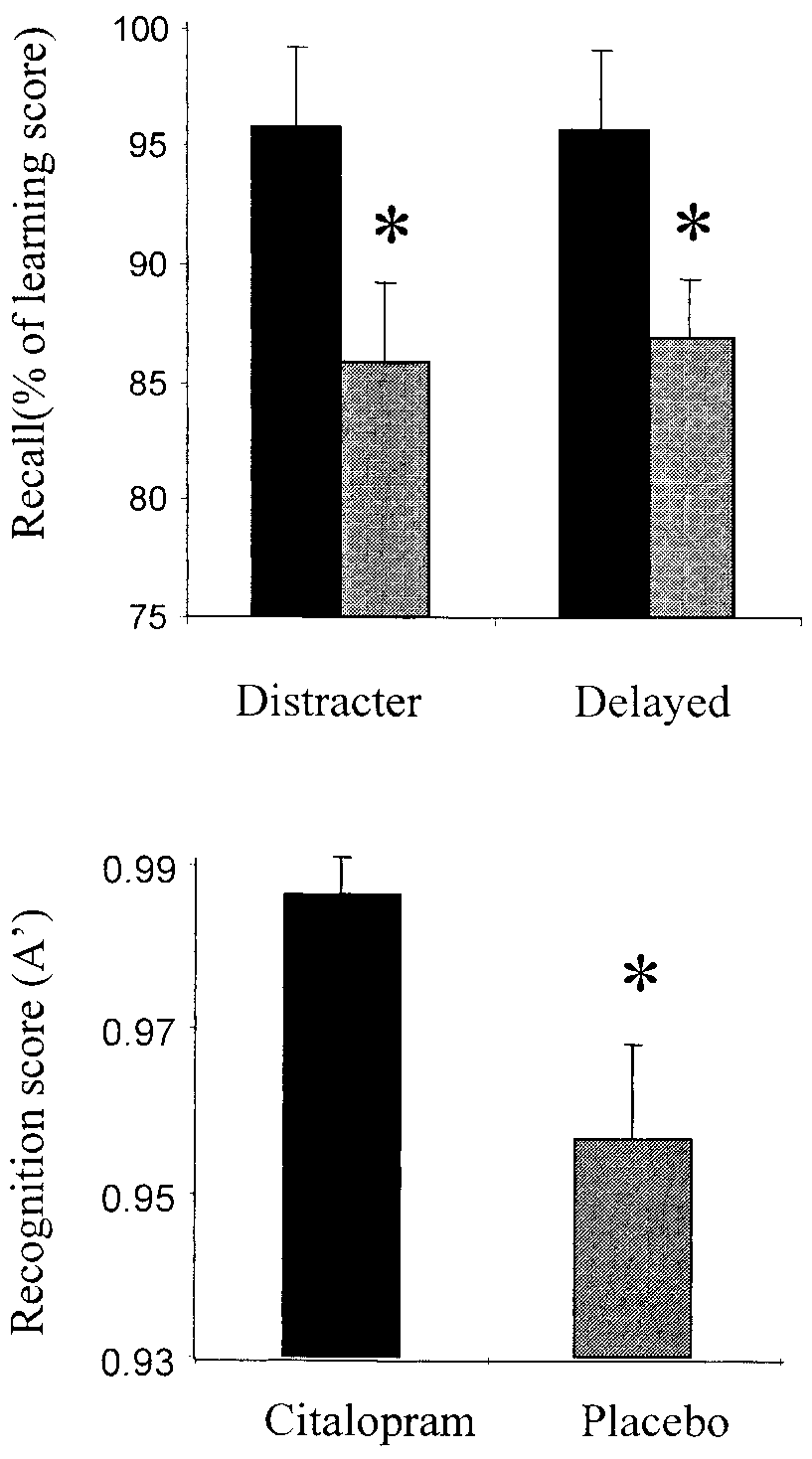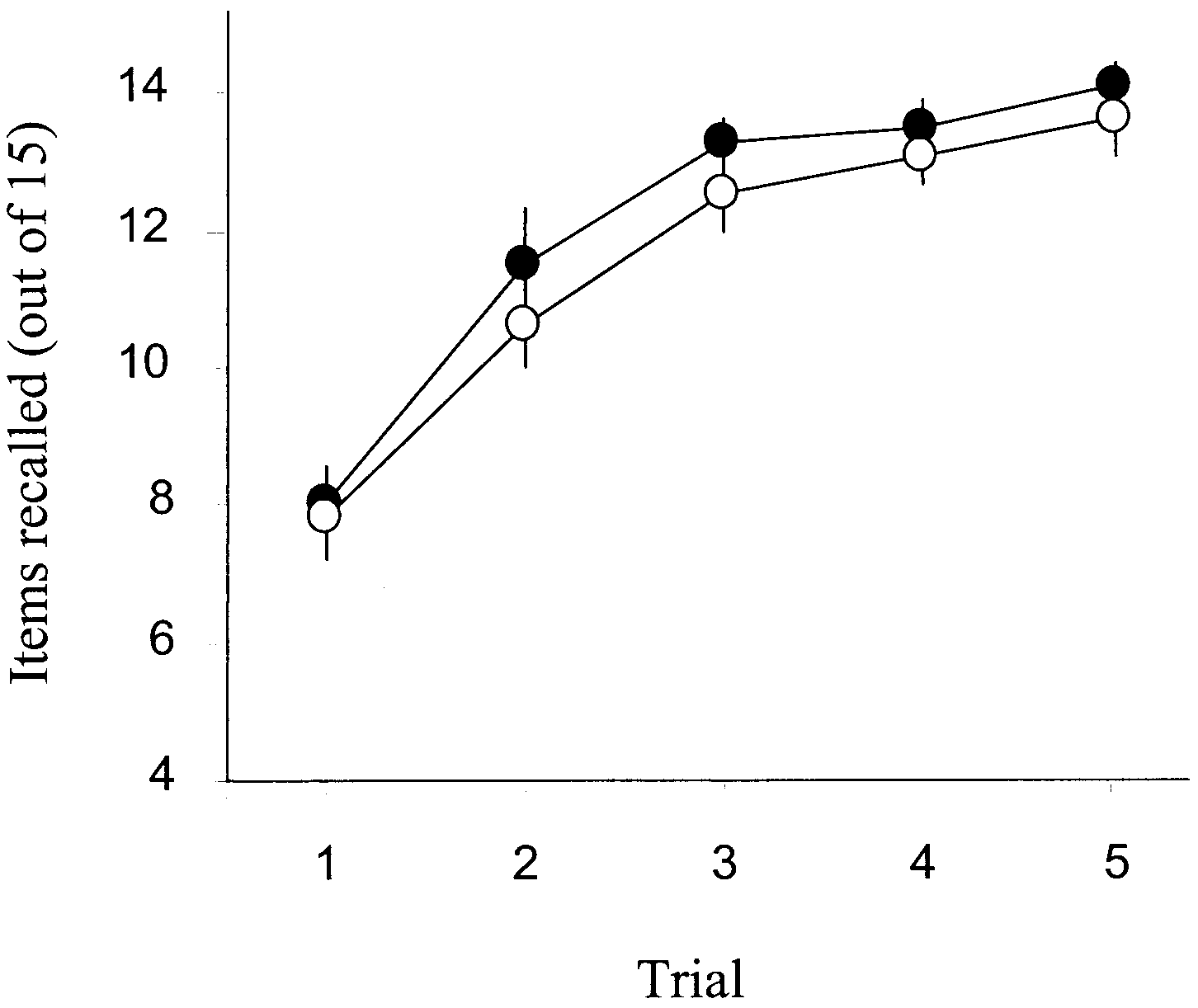www2.scelva.univ-rennes1.fr
Revue de presse ANGLAIS Semaine du 10 au 17 mars 2008 Time –March 10, 2008 Courrier International – Du 06 au 12 mars 2008 Rocker-activist Bob Geldof joined the U.S. President during his recent Africa trip for a wide-ranging discussion Royaume-Uni on aid, America and doing laundry on the road From gay marriage to unwed professionals having kids, Etats-Unis Spain is

 Mean performance in the delayed recall and recognitioncomponent of the AVLT is given in Fig. 2. Recallfollowing the distracter [F(1,22)=6.6, P<0.05] and the 15-min delay [F(1,22)=5.1, P<0.05] was significantly facil-itated by citalopram administration. A facilitatory effectof citalopram on long-term memory was also seen in therecognition
Fig. 1 Immediate recall over the five learning trials following
There was no effect of citalopram on target sensitivity,
citalopram (black) or placebo (white). Values represent mean
response bias or reaction time on this measure of
The changes in memory occurred in the absence of anysubjective alterations in mood and anxiety, as judged bystandard visual analogue rating scales and the BFS scaleof mood changes (all comparisons, P>0.08).
Mean performance in the delayed recall and recognitioncomponent of the AVLT is given in Fig. 2. Recallfollowing the distracter [F(1,22)=6.6, P<0.05] and the 15-min delay [F(1,22)=5.1, P<0.05] was significantly facil-itated by citalopram administration. A facilitatory effectof citalopram on long-term memory was also seen in therecognition
Fig. 1 Immediate recall over the five learning trials following
There was no effect of citalopram on target sensitivity,
citalopram (black) or placebo (white). Values represent mean
response bias or reaction time on this measure of
The changes in memory occurred in the absence of anysubjective alterations in mood and anxiety, as judged bystandard visual analogue rating scales and the BFS scaleof mood changes (all comparisons, P>0.08).